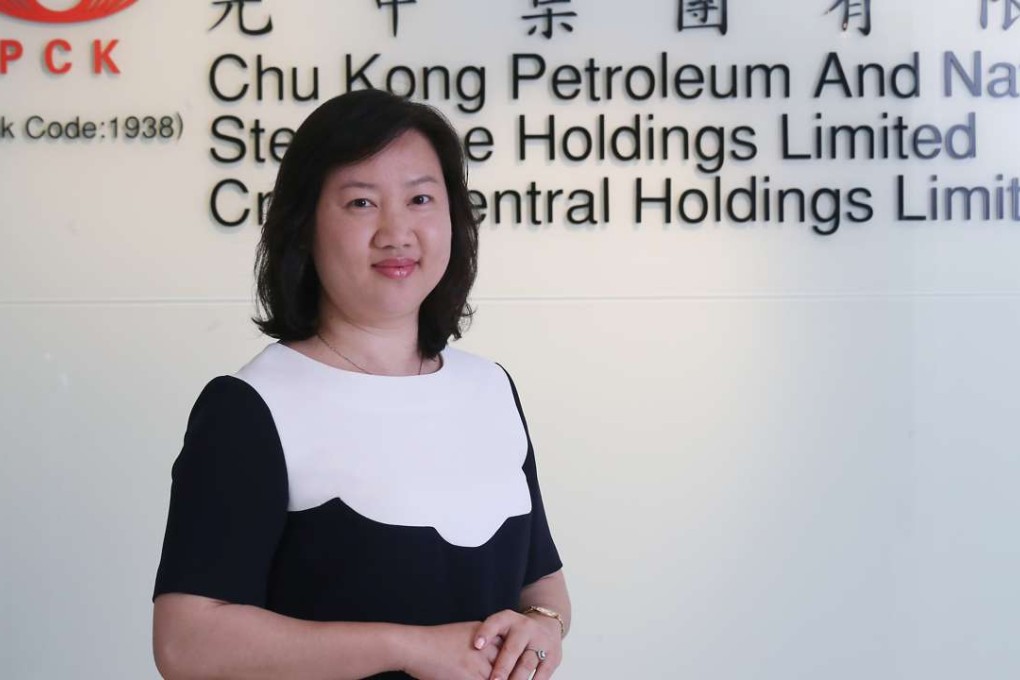Chu Kong joins property development game amid energy downturn
The Guangzhou-based pipeline producer is gradually converting its original manufacturing plant into flats and commercial space

Chu Kong Petroleum and Natural Gas Steel Pipe, one of the mainland’s largest producers and exporters of the pipes used in oil and gas pipelines, has turned to the mainland’s sizzling property development sector to offset losses amid the energy industry downturn.
The Panyu, Guangzhou-based company three years ago converted a quarter of its production base in the city from industrial use to a mixture of residential, commercial and office space, with allowed built-up floor area of 550,000 square metres.
It now plans to move its production operation to Zhuhai city and the coastal province of Jiangsu, as it gradually develops the remainder of the Panyu plot over the next eight to 10 years, according to executive director Lilian Chen Zhaonian.
Construction of the first phase of the three-phased development, involving 85,000 square metres of floor space, has almost been completed.
In the past two years, the manufacturing industry has been in the doldrums, but the property sector has boomed
“In the past two years, the manufacturing industry has been in the doldrums, but the property sector has boomed,” Chen told the South China Morning Post in an interview.